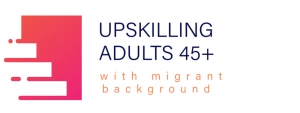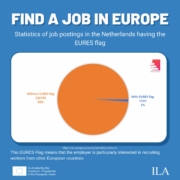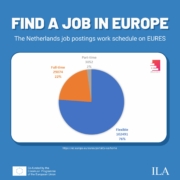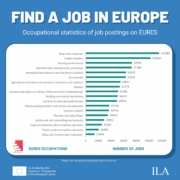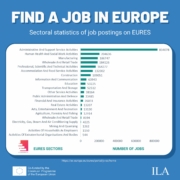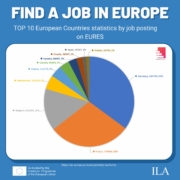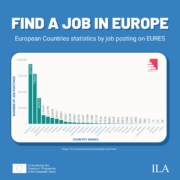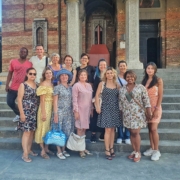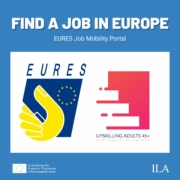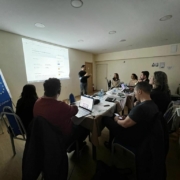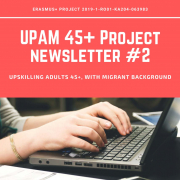“Upskilling Adults 45+ with Migrant Background” Project’s Training Course Was Held in Timisoara, Romania, on 31 July – 08 August 2022
/in Activities /by Upskilling 45ILA held “Upskilling Adults 45+ with Migrant Background” project dissemination event.
/in Activities /by Upskilling 45Manual For Basic Skills Awareness and Understanding of Adults Aged 45+, with Migrant Background
/in Activities /by Upskilling 45Manual For Basic Skills Awareness and Understanding of Adults Aged 45+, with Migrant Background, has been published!
This handbook, developed in the consortium of organizations of this innovative project: UPSKILLING ADULTS 45+ WITH MIGRANT BACKGROUND, has the mission to familiarize trainers, counselors, and all those who develop and implement educational services for migrants and return migrants with issues and the challenges that this target group faces.
This tool is designed to develop the skills of those who use it in creating and developing curricula and courses for migrants and return migrants, in order to facilitate their insertion in the workplace and in society, given the development of new knowledge and skills; the specific learning of migrants in adulthood 45+ and return migrants, barriers and the challenges they face in the process of training and insertion on the labor market, how integrated solutions can be offered through educational and career counseling, how to achieve the process to validate the previous competencies of migrants, how to correctly identify their transversal competencies in accordance with the labor market, how we can help them create useful tools to participate in the labor market, how to engage them sustainably for active participation in society.
This handbook is structured into three parts: challenges and specificities of the target group, methodological recommendations, and practical applications and reflections. The first and the second chapters address two specific challenges: the specificities of learning as an adult, and particular difficulties induced by a migrant background in economic, social, cultural, and political spheres of society – including common discriminations, policies that affect migrants’ inclusion, and how the public perceives all of this. Subsequent to the identification of challenges and needs, guidance recommendations in terms of educational and career possibilities are presented, and the benefits of a combination of the validation of existing competencies with further training are assessed. The last chapter of the second part examines possibilities of identification and evaluation of transversal competencies: especially due to a prevailing deficit in the institutional recognition of professional degrees and qualifications, it is necessary to include competencies acquired throughout life in the assessment of existing skills. Transversal competencies refer to the competencies that people have and that are relevant for various activities and occupations. The building of a personal and professional portfolio as one possible practical step will then be examined and explained, and in the final chapter, the political dimension of integration and reflections on the question of active citizenship and community participation are discussed.
The manual could be download here:
